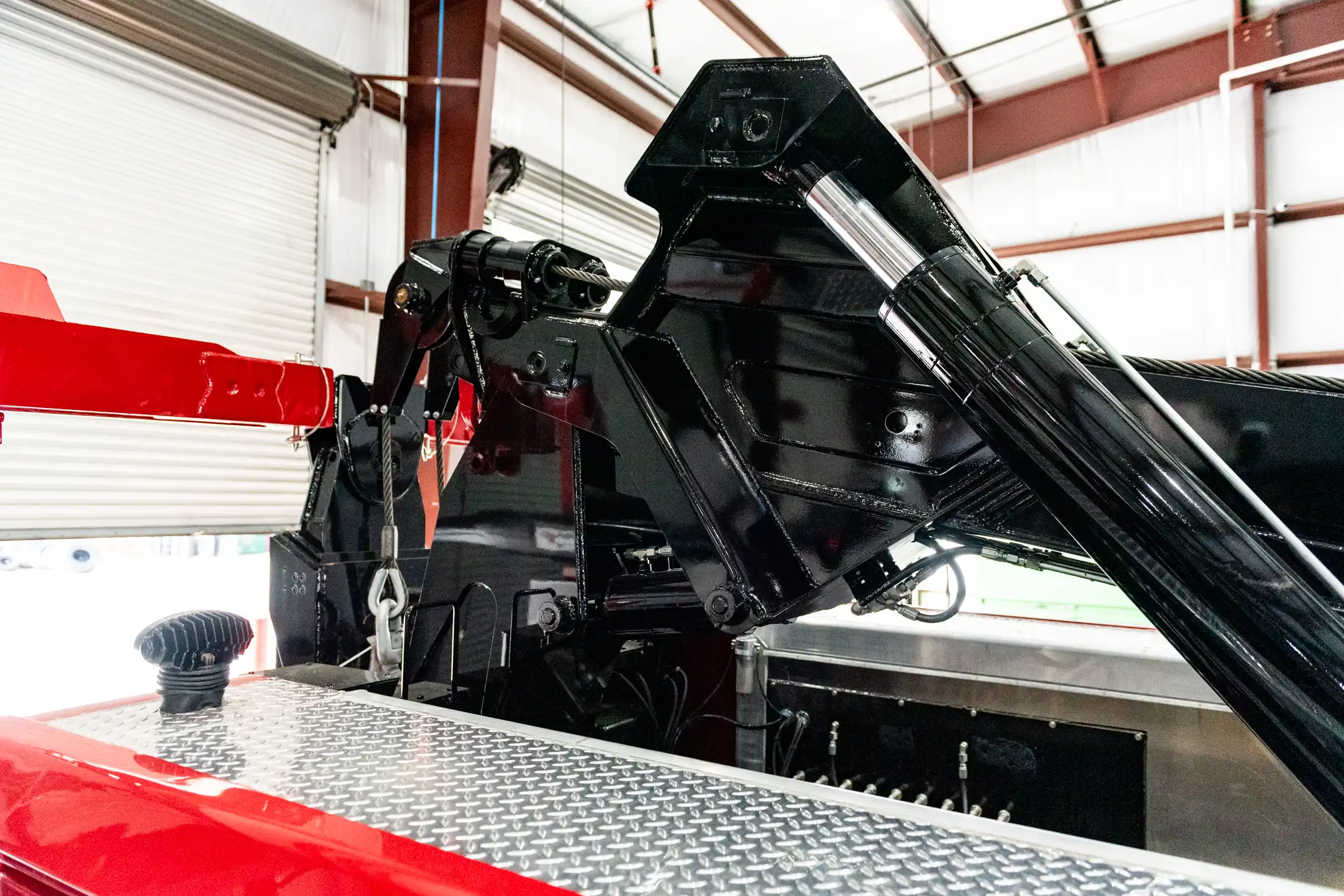Hydraulic systems are the backbone of countless industries, powering machinery in construction, mining, manufacturing, and transportation. When these systems fail, the consequences can be severe—costly downtime, expensive repairs, and reduced productivity. The key to avoiding these issues lies in Hydraulic system maintenance. By implementing a proactive maintenance plan, businesses can extend the life of their equipment, ensure reliable performance, and prevent unexpected breakdowns.
Why Hydraulic System Maintenance Matters
Hydraulic systems operate under intense pressure and rely on a complex interaction of components. Even a minor issue, such as fluid contamination or a worn seal, can escalate into a system-wide failure. Regular hydraulic system maintenance ensures these small problems are detected and resolved before they cause larger damage.
The Cost of Neglect
Ignoring hydraulic system maintenance can result in unplanned downtime that disrupts operations. Equipment failures often require emergency repairs, which are significantly more expensive than scheduled servicing. Additionally, neglected systems may consume more energy, leading to higher operational costs.
Benefits of Proactive Care
By staying on top of hydraulic system maintenance, operators benefit from improved performance, extended equipment lifespan, and fewer interruptions. This proactive approach helps businesses save money while keeping productivity at its peak.
Key Components of Hydraulic System Maintenance
Effective hydraulic system maintenance involves more than occasional checkups—it requires a structured program that addresses critical components.
Fluid Management
Hydraulic fluid is the lifeblood of the system. Contaminated or degraded fluid can cause severe wear to pumps, valves, and cylinders. Regular fluid checks, proper filtration, and timely fluid replacement are essential parts of hydraulic system maintenance.
Hoses, Seals, and Fittings
Hoses and seals are prone to wear and tear, leading to leaks that compromise efficiency. Routine inspection and timely replacement of these components are vital elements of hydraulic system maintenance to prevent fluid loss and maintain system pressure.
Cylinders and Pumps
Cylinders and pumps handle the system’s most demanding tasks. Monitoring their condition through scheduled inspections is a critical aspect of hydraulic system maintenance. Early detection of unusual noise, vibration, or heat can help prevent catastrophic failures.
Filters and Valves
Filters capture contaminants, while valves regulate flow and pressure. Regular filter replacement and valve testing should always be included in hydraulic system maintenance to ensure optimal performance.
Signs Your Equipment Needs Immediate Hydraulic System Maintenance
Even with a solid maintenance plan, machines sometimes show warning signs of trouble. Paying attention to these signals helps operators act quickly.
- Slow operation – A common indication that hydraulic system maintenance is overdue.
- Unusual noises – Grinding or whining noises may point to pump issues.
- Fluid leaks – Visible leaks around hoses or seals are a clear red flag.
- Excessive heat – Overheating indicates the system is straining, often due to poor fluid quality or restricted flow.
Addressing these issues promptly through professional hydraulic system maintenance can prevent costly downtime.
Building a Preventive Maintenance Program
A strong preventive program ensures that hydraulic system maintenance is consistent and effective.
Scheduled Inspections
Regular inspections should be planned based on equipment usage and manufacturer recommendations. This systematic approach makes hydraulic system maintenance a routine part of operations rather than a reactive measure.
Record Keeping
Documenting inspections, repairs, and component replacements helps track system performance over time. Good record keeping enhances hydraulic system maintenance by identifying recurring issues and preventing future failures.
Training Operators
Operators play a critical role in spotting problems early. Training them to recognize warning signs ensures that hydraulic system maintenance is carried out before minor issues escalate.
Professional Hydraulic System Maintenance Services
While in-house inspections are valuable, partnering with experts offers additional assurance. Companies like RHK Hydraulic Cylinder Services Inc. provide professional hydraulic system maintenance tailored to industry-specific needs. Their trained technicians use advanced diagnostic tools to detect hidden issues and extend the service life of hydraulic equipment.
Customized Solutions for Industries
Heavy industries such as mining, construction, and manufacturing demand equipment reliability. Professional providers offer customized hydraulic system maintenance plans that align with these high-performance requirements.
Cost Savings and Reliability
Investing in professional hydraulic system maintenance reduces overall repair costs and ensures that machinery operates at peak efficiency. For businesses relying on heavy equipment, these services safeguard both productivity and profitability.
Conclusion
Preventing equipment failure begins with consistent and thorough hydraulic system maintenance. From fluid management to component inspections, every step helps protect machines from costly downtime and premature breakdowns. By implementing a preventive maintenance program and working with trusted experts like RHK Hydraulic Cylinder Services Inc., businesses can extend the lifespan of their equipment, reduce expenses, and keep operations running smoothly. The message is clear: prioritize hydraulic system maintenance today to secure reliable performance tomorrow.



